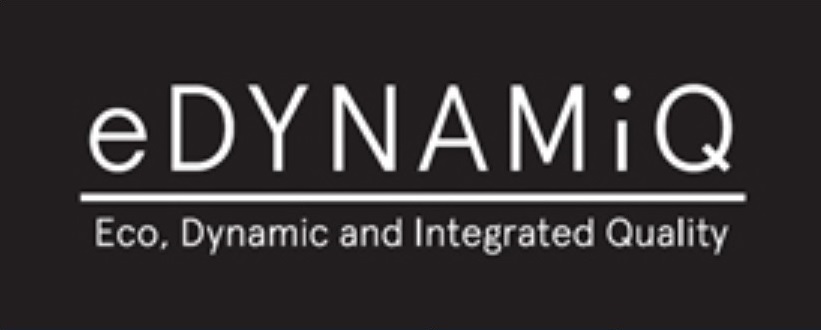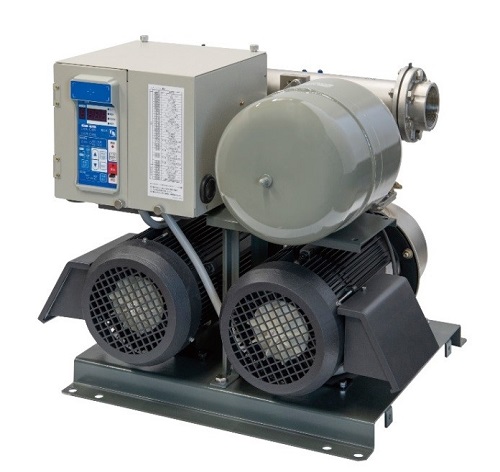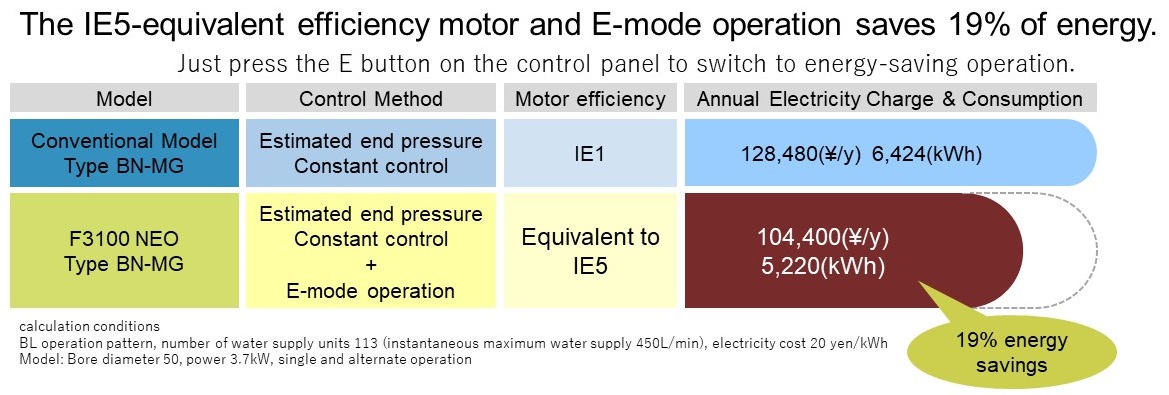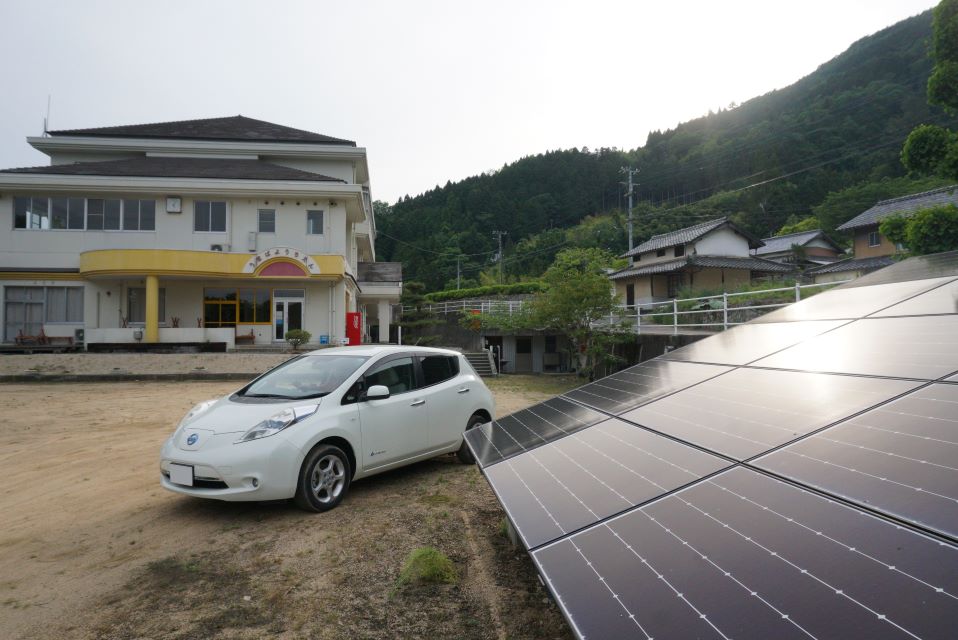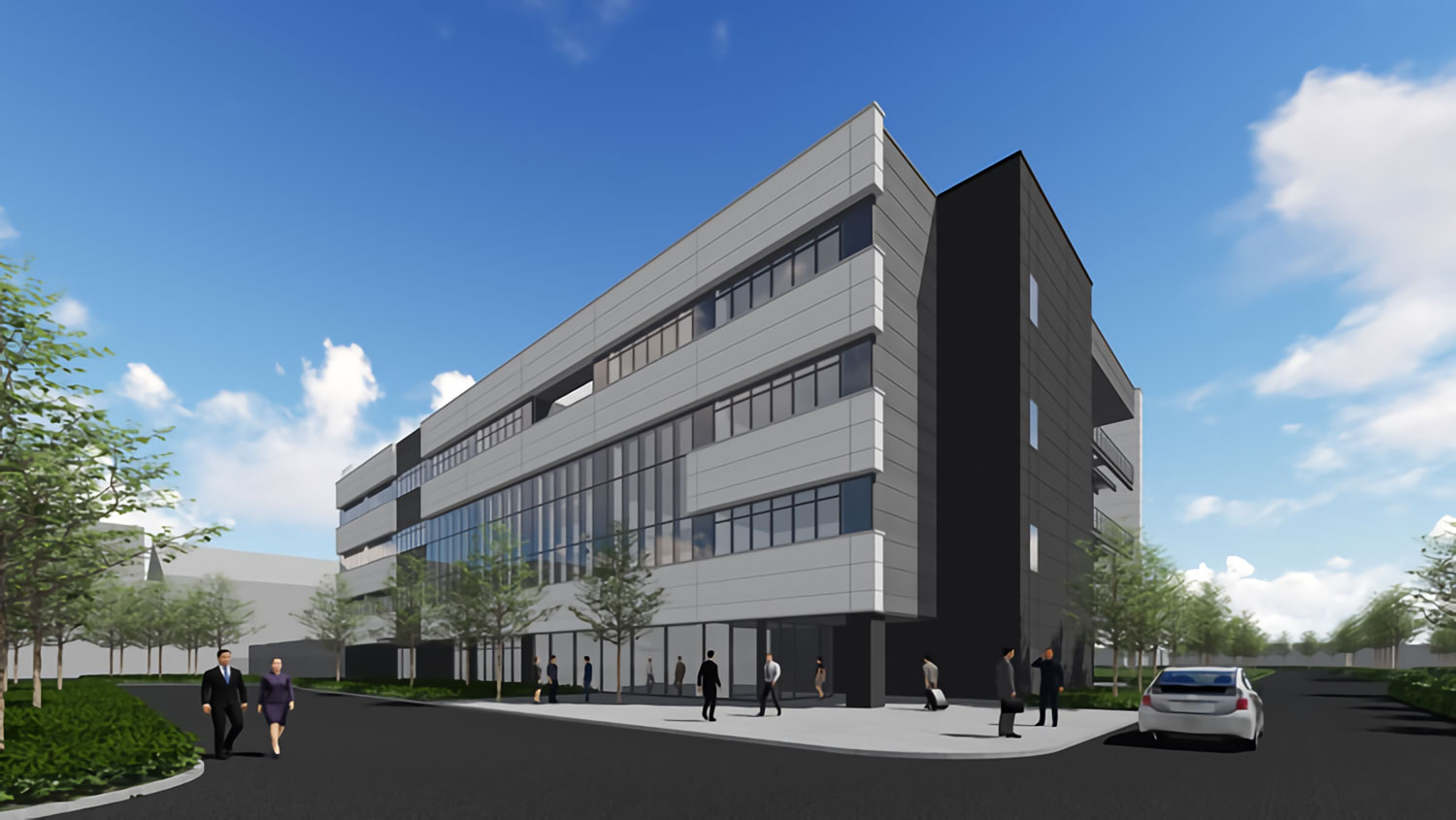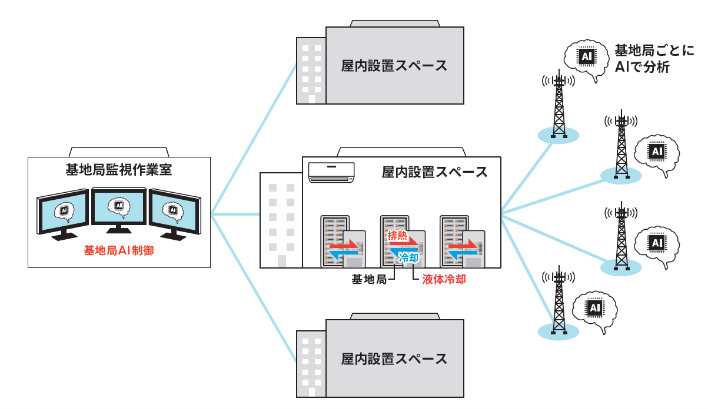Contribution to carbon neutrality by using renewable energy and expanding sales of high-efficiency products
EBARA CORPORATION
Outline
The Ebara Group is a manufacturer of industrial equipment, including wind and hydropower machinery. Our long-term vision, E-Vision 2030, promotes the reduction of CO2 emissions, with a focus on the maximum use of renewable energy. The Vision steers our efforts to contribute to the goal of a carbon-neutral society by procuring renewable energy for our business sites, and by marketing highly efficient products and semiconductor process gas abatement systems.
Here are Ebara Group goals to reduce CO2 emissions by 2030:
(1) Reduce 2030 CO2 emissions (Scopes 1 & 2) to 26% below base year 2018 emissions.
(2) With the products to be sold in 2030, the EBARA Group will reduce greenhouse gas emissions equivalent to about 100 million tons of CO2.
We will strongly support decarbonization by procuring renewable electric power, by using renewable energy sources such as solar power, and by promoting to the maximum, through our business operations, our contributions toward carbon neutrality.
Description
Pumps, and wind and hydropower machinery such as fans and blowers, are among the products supplied by the Ebara Group for social and industrial infrastructure. These products offer widespread support to water and air environmental sectors, in line with our corporate philosophy. Our Group has already reduced CO2 emissions by conserving energy, by using LEDs in lighting equipment, and by implementing planned upgrades to apparatus that generally requires much energy, such as power substations. And in 2019 we launched efficient manufacturing operations at a new factory for the automated assembly of dry vacuum pumps.
The Long-term Vision: E-Vision 2030, published by the Ebara Group in 2020, affirms that we will practice a high level of ESG (Environment, Society, and Governance) management, minimize the environmental impact of our business activities, and reduce CO2 emissions from our business operations, including maximum use of renewable energy, with carbon neutrality in view.
Here are the two concrete Ebara Group goals for CO2 emission reduction by 2030:
(1) Reduce 2030 CO2 emissions (Scopes 1 & 2) to 26% below base year 2018 emissions
(2) With the products to be sold in 2030, the EBARA Group will reduce greenhouse gas emissions equivalent to about 100 million tons of CO2.
To achieve these aims we will promote the following strategies:
1) Procure renewable electric power
We will procure renewable energy as a base-load power source from generating plants burning urban waste and biomass, and will increase the ratio of renewable energy used by our Group companies in Japan to 30% by 2030. We will also push forward with low CO2 power procurements in collaboration with power generators.
2) Use renewable energy sources such as solar power
We will search for sources of renewable energy that are suitable for local conditions, and promote their use at our business sites.
3) Contribute to carbon neutrality efforts through our business operations
The Ebara Group will contribute to carbon-neutrality goals by adopting the following business strategies:
• Expand the market presence of our products offering maximum environmental load reduction, targeting smaller size, greater efficiency, and recyclability, as typified by our eDYNAMiQ (*) technology brand.
• Ensure the widespread availability of systems for the abatement of semiconductor process gases, which have considerable global warming impact.
• Push forward with further technological development of incinerators for waste treatment, to increase their power generation efficiency and promote greater use of renewable energy.
• Take advantage of technical skills the Ebara Group has already developed, in order to proactively join non-carbon business sectors such as hydrogen energy and CCUS (CO2 capture, utilization, and storage).
The EBARA Group will continue to contribute to carbon neutrality by combining the above-mentioned energy-saving and renewable energy procurement at the business sites with sales expansion of highly efficient and energy-saving products.
* The eDYNAMiQ technology brand
In 2018, Ebara created the eDYNAMiQ technology brand to clearly demonstrate the concepts behind its long history of technological advances in standard pumps. The ultimate goal of the eDYNAMiQ brand is to protect Humanity and Planet Earth. To achieve this goal, Ebara promises to leverage its extraordinarily efficient technologies into value for customers, delivering ‘stunning solutions’ for many purposes and situations.
Example of a product reflecting the eDYNAMiQ concept
— (BN-MG type) —
In December 2019 we began selling 10 models of the new FRESHER 3100 NEO feed water pump (BN-MG type). They contribute to effective space utilization and easier installation and operation.
The pump’s inverter-integrated permanent magnet motor permits a 32% installation space saving and a 44 kg reduction in weight, compared to prior models. And the motor’s higher efficiency cuts annual power consumption by 19% below that of the older F3100BN-MD model.
The Ebara Group will keep pursuing technological developments targeting further GHG reductions, in order to improve the performance and functionality of its products and systems. We also plan to conduct quantitative assessments of these products and systems as much as possible, aiming for further technical advances.
Partner(s)
EBARA ENVIRONMENTAL PLANT CO., LTD.
https://www.eep.ebara.com/en/index.html
Supplementary information
Source:New water supply unit "Flesher 3100NEO BN-MG type" released.
https://b2b-ch.infomart.co.jp/news/detail.page?IMNEWS1=1727061
Similar Innovation Challenges
Accelarating the penetration of renewable energy resources with “Open Energy System”
Sony Group Corporation
Achieving net-zero carbon emissions from plant factories using full artificial lighting
Taikisha Ltd.
Advanced technology for buildings providing energy-saving and comfortable indoor environment (under Net Zero Energy condition)
Mitsubishi Electric Corporation
AI control reduces base station power consumption by up to 50%
KDDI CORPORATION



